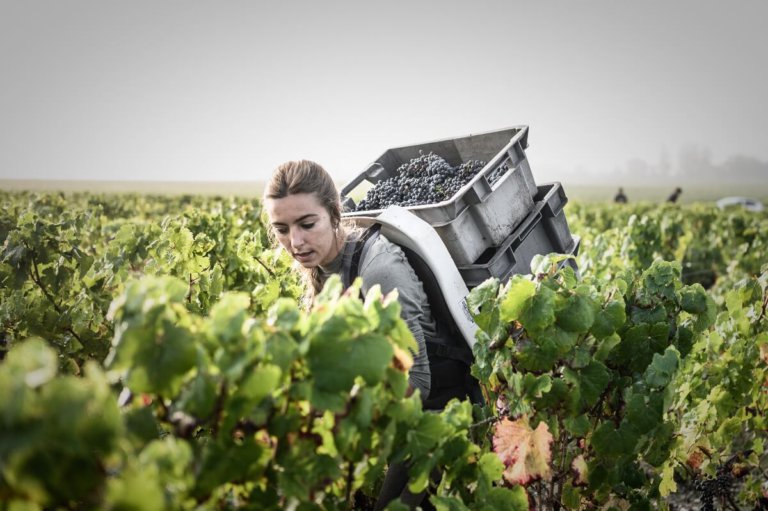
A bipartisan parliamentary inquiry this week recommends that the Australian government set up a programme allowing university students to work on fruit farms, in exchange for living and immigration benefits. A new report for the inquiry into working holiday makers outlines several recommendations for the next 12 months, including one that suggests extended visa options for international students.
COVID-19 travel restrictions have made it hard for the usual crowd of backpackers to head to Australia under working holiday visas, leaving farms understaffed. The Guardian reports that the number of working holiday makers halved to 70,000 between March and June. Hence, this proposed solution looks to translate the country’s available workforce into farm labour.
Young Australians who pick fruits via the “Gap Year at Home” programme could access Jobseeker payments, on top of travel, living, and debt benefits. Additionally, it’s been proposed that refugees be afforded permanent residency after working on these farms for one or two years. The Refugee Council of Australia says this privilege would be extended to those who hold temporary protection visas or safe haven enterprise visas.
Let’s take a closer look at what this prospect holds for international students.

Braetop Berries strawberry farmer Aidan Young holds a strawberry on his farm in the Glass House Mountains in Queensland on September 20, 2018. Source: Patrick Hamilton/AFP
Farm-friendly graduates could get visa extension
Under this proposal, international students who work on farms during non-teaching period will be compensated with incentive payments, as well as support for transport and accommodation costs. More importantly, international graduates would become eligible for a subclass 485 Temporary Graduate visa. This will allow them to stay in Australia for up to two years after completing their studies.
Besides that, unemployed individuals on other temporary work visas (such as the subclass 482 Temporary Skill Shortage visa) could work in critical industries without a specific employer sponsor. All temporary visa holders would be able to work in semi-urban, regional, rural and remote parts of Australia for the chance at extending their visa.
Tasmanian Greens senator and immigration spokesman Nick McKim says, “There is a significant labour shortage in the agriculture sector and the way to address it is for the federal government to ensure that workers are adequately paid and supported to do this work.”
The Department of Home Affairs is currently considering the recommendations of the inquiry. Stay tuned for updates.
Liked this? Then you’ll love…
How to apply for free student accommodation if you’re stranded in Australia
4 out of 5 international students are still in Australia – how we treat them will have consequences







